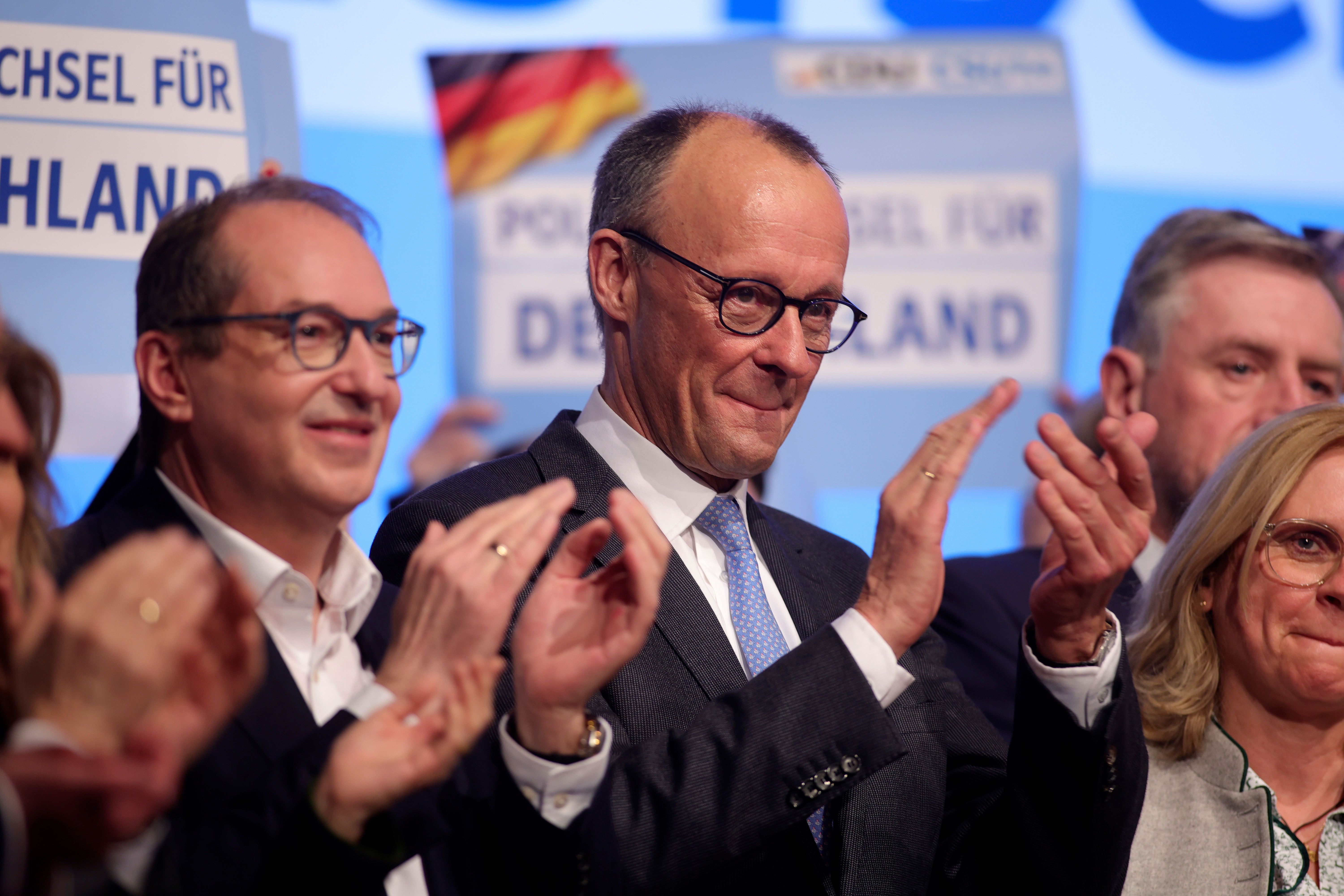
- Vladimir Putin has directed Gazprombank Deputy CEO Dmitry Zauers to explore a collaboration with billionaire Elon Musk to drive technological advancements.
- Elon Musk has yet to make any public statements regarding the potential collaboration with Russia or Putin’s remarks.
Russian President Vladimir Putin has expressed a bold vision for collaboration between Russia and billionaire entrepreneur Elon Musk. According to reports, Putin instructed Gazprombank Deputy CEO Dmitry Zauers to explore a partnership with Musk, particularly in aerospace and neurotechnology.
According to Zauers, Putin directly mentioned Musk, urging Russian officials to “join forces” with the Tesla and SpaceX founder. The Russian leader believes that once Musk completes his U.S. government efficiency reforms, he will return to scientific innovation, making it an ideal time for cooperation.
Zauers highlighted Russia’s progress in aerospace batteries and neurochips, describing them as “our answer to Elon Musk.” However, instead of competition, Putin appears to be advocating for a collaborative approach between Musk and Russian technology firms.
Amid growing speculation, Musk addressed the topic at the Conservative Political Action Conference (CPAC) in Maryland. When asked whether he could be a Russian asset, Musk jokingly dismissed the idea, stating: “Putin can’t afford me.” This statement suggests that Musk has no plans to collaborate with Russia, casting doubt on his willingness to engage in such a partnership.
Since Donald Trump’s presidential win, Putin and Russian officials have been actively exploring working relationships and potential deals with the Trump administration to stabilize Russia’s economy. The extent of these discussions remains unclear, but they signal Russia’s efforts to strengthen economic and technological ties.
BRICS, Russia, and a Shift in Global Alliances
Musk’s influence in space, AI, and technology has made him a key figure of interest for global powers, including Russia and BRICS nations. If a Russia-Musk partnership were to materialize, it could reshape technological alliances as BRICS nations continue working towards reducing dependence on Western technology giants.
For over a decade, BRICS has been exploring alternative financial systems, aiming to reduce reliance on the U.S. dollar. With Donald Trump returning to power, he has renewed his aggressive stance on global economic policies, particularly criticizing BRICS. Economic sanctions and shifting geopolitical alignments have further accelerated this trend.
As mentioned in a previous article, the BRICS alliance continues to expand, with 23 countries formally applying to join in 2025. Nations such as Russia and Iran have already taken steps to bypass the dollar by creating an alternative to the SWIFT payment system. The bloc is also discussing the creation of a common currency, potentially challenging the dollar’s dominance in global trade.
However, not all emerging economies are on board. Indonesia, for example, has opted to stay out of BRICS, wary of becoming entangled in a China-led anti-Western agenda. This highlights the growing divide among developing nations, as some align with BRICS while others remain cautious. As BRICS nations continue pushing for economic and technological independence, Russia’s outreach to Musk adds another layer of complexity to the global power structure.
Crypto News Flash – Read More








